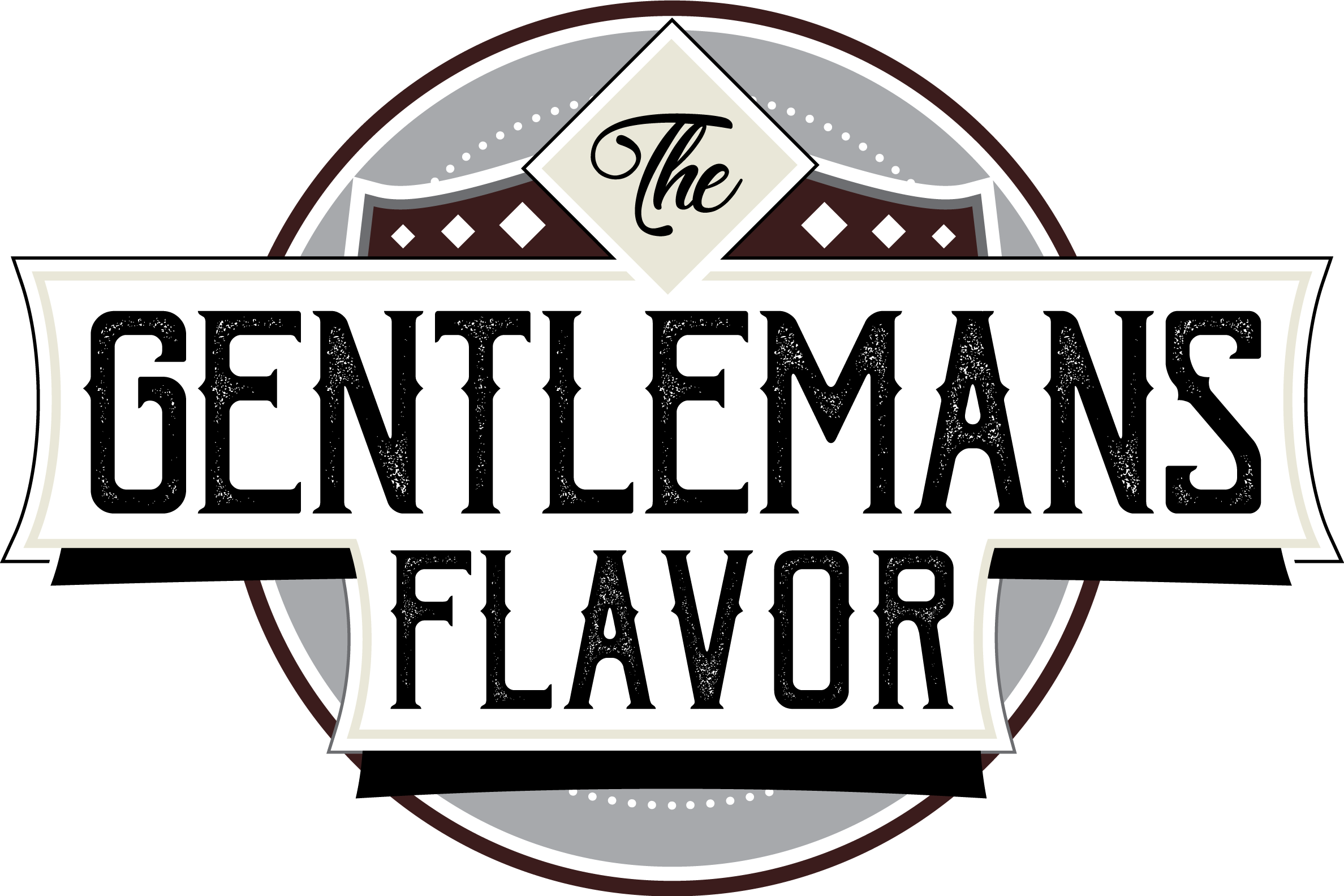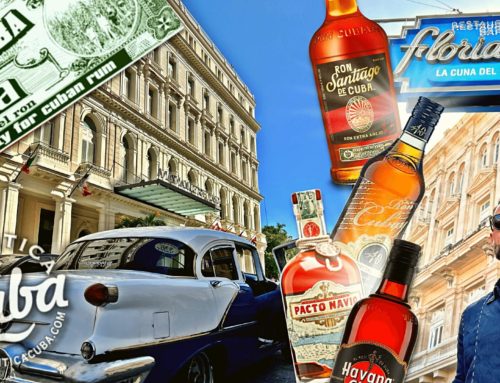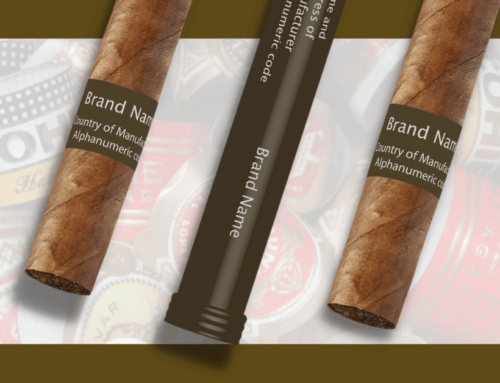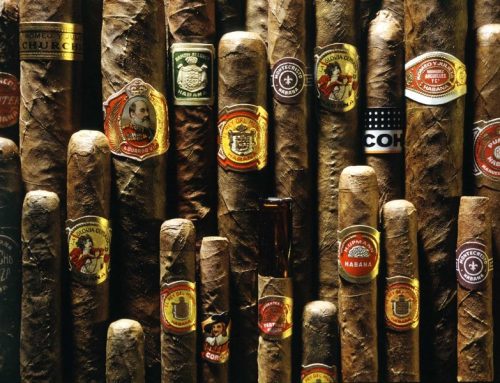Have you ever wondered what would happen if the decades-old trade barriers to Cuba were lifted making it possible to enjoy Cuban cigars throughout America – the world’s largest cigar market? The embargo put into place by President John F. Kennedy in the late 1960’s unquestionably changed the entire cigar industry forever, and has left many questions to be answered if ever the trade wall were ever to come down. Here we look at a few possible questions that would definitely need some answering before Cuba and America starting conducting cigar business once again.

Good Friends? a late 1800’s illustration shows that Cuba and the USA once enjoyed amicable relations
A FEW IMPORTANT QUESTIONS
QUESTIONS OF TRADEMARK
One major issue would be one of trademarks, as the Habanos S.A. Cuban cigar monopoly has not chosen to recognize the American trademarks for Romeo y Julieta, H.P. Upmann, Partagas, Cohiba, Montecristo, Punch, El Rey Del Mondo, and many others.
The current US trademark holders of the aforementioned brands would not want competing products in the market, and as a result would likely have their injunctions filed before the very first container of cigars would leave the port of Havana.
How about another question: would the dual marques of Montecristo, Romeo y Juileta, Punch, etc. merge back together? It’s easy to see that intricate details like these and many others would have to be carefully ironed out well before the wall comes down to the market.
REPARATIONS TO CUBAN CIGAR FAMILIES
Among the largest hurdles to overcome would unquestionably be the many reparations owed to the Cuban American families who fled Castro’s regime. Most of the family names in the cigar business have their roots in Cuba, as many had to flee the country in a hurry only to leave behind their land and factories.
Back in the 1990’s, congress passed a law that before a normalization and lifting of the embargo, the Cuban government would have to make good of the many losses suffered by American businesses and naturalized Cuban Americans.
This would mean paying back hundreds of billions of dollars in which Cuba does not have to spare.
Cuba would likely owe large sums to big names like Hilton, Bacardi and Dole to mention a few, before even beginning to repay the descendants of the families who lost their cigar businesses.
This would be one of the largest issues to be tackled before even getting close to reaching a point of being allowed to sell Cuban cigars on US soil.
The current US trademark holders of these aforementioned brands would not want competing products in the market, and as a result would likely have their injunctions filed before the very first container of cigars would leave the port of Havana.”
QUALITY CONTROL
Another major issue would be in regards to supply. The Cuban tobacco farms currently do not produce enough tobacco to supply a potentially hungry US market demand (especially after they’ve been deprived for all these years) and would also have to build additional facilities for curing, aging and rolling.
It would be fearful that in a scramble to fulfill the heightened demand, the quality of Cuban cigars would become greatly diminished, as currently Cuban quality control under a communist rule is sketchy at best and if they had to quickly ramp up production, well, let’s just say that the results could be disastrous for the reputation of Cuban cigars in the marketplace.
For many people, the novelty of enjoying a Cuban cigar, which has for so long been the forbidden fruit, would be a disappointing experience if the Cubans could not ensure proper supply and quality.
CONCLUSION
With the aging of a communist regime within what is an increasingly globalized and interconnected world, the death of the embargo may very well be on the horizon – and many of these issues will ultimately come to a head for the cigar industry at large.
– Sean Douglass









